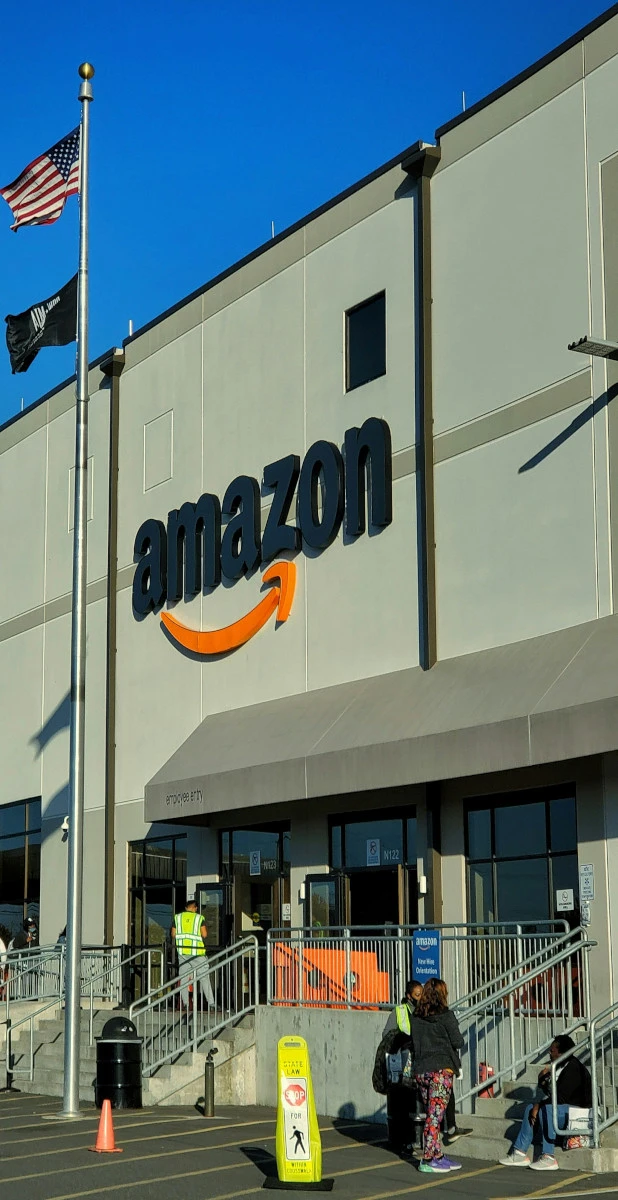Amazon plans to integrate sponsored ads into its shopping chatbot, Rufus, reshaping conversational commerce. This initiative boosts brand visibility and product discovery. With AI-driven shopping on the rise, marketers must watch closely, as this presents both opportunities and challenges.

The Shift Toward Conversational Commerce
The emergence of chatbots like Rufus aligns with the growing trend of conversational commerce, where brands engage consumers through interactive and personalized dialogues. As online shopping becomes increasingly competitive, companies are leveraging AI to create more intuitive and user-friendly experiences. Rufus aims to simplify the shopping process by providing customers with instant responses to queries, guiding them through product selections, and now, introducing relevant sponsored ads.
These ads will be contextually based on users’ conversations with Rufus, meaning that when a customer inquires about a specific product, relevant ads will seamlessly integrate into the conversation. This targeted approach aims to improve brand and product discovery while enhancing the overall shopping experience. By aligning ads with conversational context, Amazon seeks to provide a more personalized shopping journey, ultimately driving higher conversion rates for advertisers.
Learning from Industry Precedents
Amazon’s approach echoes previous experiments by other tech giants, notably Microsoft’s insertion of ads into its Copilot feature within Bing. This trend highlights the increasing monetization of conversational AI, as companies seek effective ways to recoup the significant investments made in AI development. With the high costs associated with maintaining and evolving AI technology, incorporating ads into chatbots represents a practical solution for generating revenue.
Marketers should take note of this shift. As more platforms explore similar strategies, there is potential for substantial revenue generation through targeted advertising in conversational interfaces. However, this also raises questions about user experience—how can brands balance monetization with maintaining an enjoyable customer journey?
To explore this topic further, check out our Amazon Ads Launches AI-Powered Video Tools to Boost Creative Marketing for more insights.
Opportunities for Marketers
For digital marketers, ads in Rufus offer a unique opportunity to engage consumers at a key moment in their buying journey. Here are a few strategies to consider:
- Tailored Ad Content: Create ad content that aligns closely with the keywords and phrases users are likely to discuss with Rufus. The more relevant the ad, the higher the chances of engagement.
- Enhanced Brand Storytelling: Utilize the conversational nature of Rufus to tell compelling brand stories that resonate with users. Consider integrating user-generated content or testimonials into the ad experience to build trust and authenticity.
- Data-Driven Insights: Leverage data analytics to understand how users interact with Rufus and the types of queries that lead to successful conversions. Use these insights to refine ad targeting and improve campaign performance.
Challenges Ahead
While the potential for revenue generation is significant, challenges abound. Marketers must navigate the fine line between effective advertising and intrusive promotions. Users expect personalized interactions that enhance their shopping experience, not detract from it. Therefore, maintaining transparency and user trust is crucial. If consumers feel overwhelmed by ads, they may abandon the platform altogether, negating any potential benefits.
Amazon’s upcoming integration of sponsored ads into Rufus marks a pivotal moment in the intersection of AI and marketing. As the digital landscape evolves, marketers must adapt to conversational commerce while prioritizing user experience. Embracing this trend unlocks new engagement and revenue opportunities, but only with a clear understanding of consumer preferences.
As shopping bots evolve, marketers should focus on user needs, meaningful interactions, and data to succeed in digital marketing. The future of commerce may be conversational, and those who adapt quickly will lead the charge.




Leave a Reply